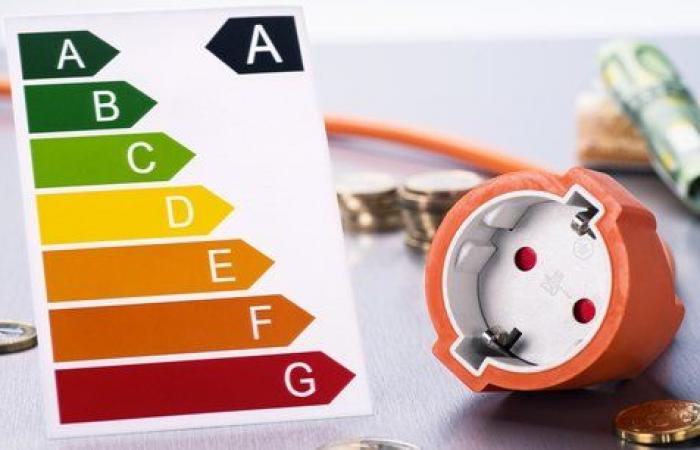The energy check no longer finds its beneficiaries, due to lack of applicants. As a reminder, the energy check is financial assistance dedicated to the payment of energy bills for gas, fuel oil, electricity or wood. Established in 2018, this check is distributed each year to 5.5 million households considered low-income, i.e. those who declare less than 11,000 euros of income per year, for a single person (i.e. the equivalent of 65% of a minimum wage). The amount of this aid is between 48 and 227 euros, knowing that the average is 150 euros.
However, according to a document consulted by the radio RMC, « out of 1 million new potential beneficiaries who must apply, only 53,000 checks have been granted “. A count which stopped on November 7, specifies the media. Consequence: the rate of use of this system has only reached 5%, even though the platform is supposed to close on December 31 (after opening on July 4).
The reason for this failure, according to the radio: while the energy check was previously sent automatically to beneficiary households, via the housing tax – now abolished – the Ministry of the Economy is no longer able to identify the households eligible. As a fallback solution, he therefore decided to exceptionally send this check to the same households as last year.
Lack of knowledge of the device
« The problem therefore lies with those who became eligible this year and who are therefore not known to the administration. They are estimated at 1 million », Explains the radio. This summer, a counter was put online for them, but very few ultimately took the step. “ Associations are calling for the lifespan of the online counter to be extended and this aid to be made automatic again. », relays RMC.
Reform of the energy check: a secret savings plan
Asked by RMC about the situation, the office of Olga Givernet, Minister Delegate in charge of Energy, responded: “We are examining all possible means to communicate more effectively and make the counter better known to its potential beneficiaries (…) We are also working to maximize as much as possible the automation of the granting of the check for 2025.”
Nearly a third of French people were cold last winter to limit their heating bill
Interviewed in mid-October by The Tribune, Claire Lejeune, LFI deputy for the 7th constituency of Essonne, had already warned of the risk of the end of the automatic sending of the energy check: “The loss of automaticity risks generating a very high non-recourse rate. And these non-recourse will particularly affect isolated people, who do not have access to the Internet or who do not have the social fabric to inform them. In short, it will worsen the situation of people who are already on the side of the road. »






